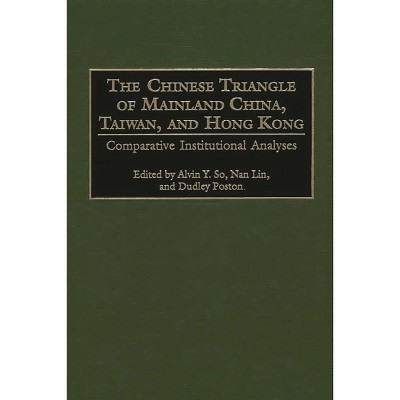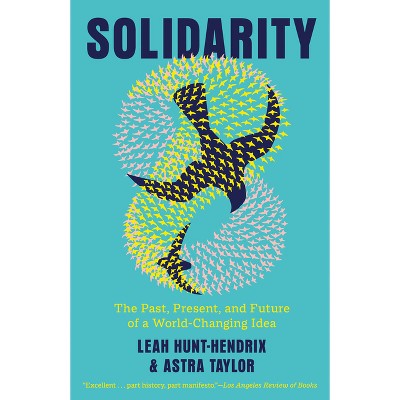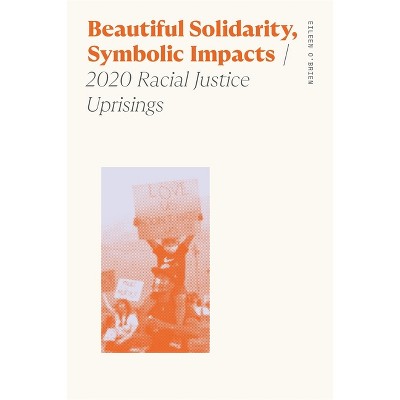Sponsored

Borderland Solidarity - by Emily Hong
Pre-order
Sponsored
About this item
Highlights
- Kachinland is an unrecognized state in the borderlands of Myanmar, India, China, and Thailand.
- About the Author: Emily Hong is Assistant Professor of Anthropology and Visual Studies at Haverford College.
- 240 Pages
- Social Science, Anthropology
Description
About the Book
"Kachinland is an unrecognized state in the borderlands of Myanmar, India, China, and Thailand. Its geography throws into sharp relief the intersecting dynamics of British colonialism, settler colonialism, and protracted war between the Kachin Independence Army and the Myanmar Army. Kachinland's rich natural resources--including jade and hydropower--are coveted by the junta-led Myanmar government and its energy hungry neighbor, China. As resource extraction and land confiscation intensifies, Kachin activists and artists turn to Indigenous law and media to stem the tide of displacement and dispossession. Emily Hong follows a diverse cast of Kachin activists, punk rock musicians, women farmers, and armed group leaders dreaming up new futures for Kachinland. She examines how they draw on the infrastructures of the borderlands--cross-border media tactics, inter-ethnic solidarity, and an expanded sense of the law and political possibility--to sustain activism for the long-haul. With critical awareness of the colonial legacies of the region and of anthropology itself, Hong uncovers the limitations and liberatory potential of borderland solidarity, offering a powerful lens for understanding global activism and for navigating collaborative ethnography. Through evocative storytelling and sensory ethnography, Hong's book challenges readers to move beyond a Western lens on solidarity to ask what activists, artists, and anthropologists alike can learn from centering non-Western ways of theorizing and embodying political sensation and collective action"-- Provided by publisher.Book Synopsis
Kachinland is an unrecognized state in the borderlands of Myanmar, India, China, and Thailand. Its geography throws into sharp relief the intersecting dynamics of British colonialism, settler colonialism, and protracted war between the Kachin Independence Army and the Myanmar Army. Kachinland's rich natural resources--including jade and hydropower--are coveted by the junta-led Myanmar government and its energy hungry neighbor, China. As resource extraction and land confiscation intensifies, Kachin activists and artists turn to Indigenous law and media to stem the tide of displacement and dispossession.
Emily Hong follows a diverse cast of Kachin activists, punk rock musicians, women farmers, and armed group leaders dreaming up new futures for Kachinland. She examines how they draw on the infrastructures of the borderlands--cross-border media tactics, inter-ethnic solidarity, and an expanded sense of the law and political possibility--to sustain activism for the long-haul. With critical awareness of the colonial legacies of the region and of anthropology itself, Hong uncovers the limitations and liberatory potential of borderland solidarity, offering a powerful lens for understanding global activism and for navigating collaborative ethnography. Through evocative storytelling and sensory ethnography, Hong's book challenges readers to move beyond a Western lens on solidarity to ask what activists, artists, and anthropologists alike can learn from centering non-Western ways of theorizing and embodying political sensation and collective action.
About the Author
Emily Hong is Assistant Professor of Anthropology and Visual Studies at Haverford College.Shipping details
Return details
Frequently bought together
Trending Non-Fiction

















